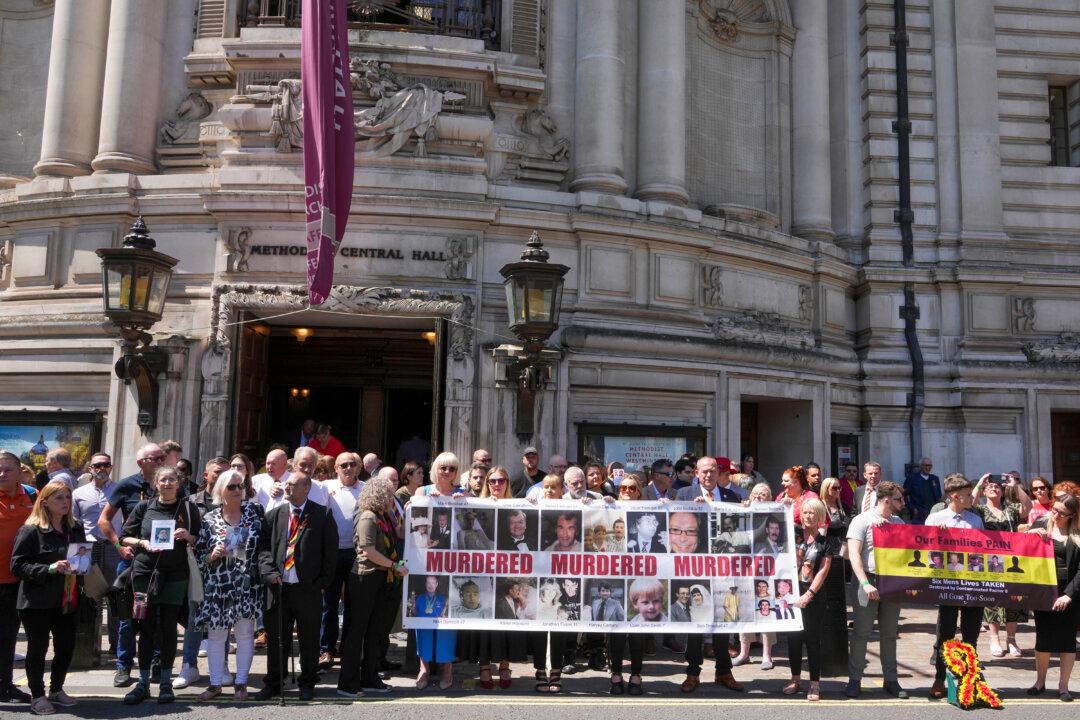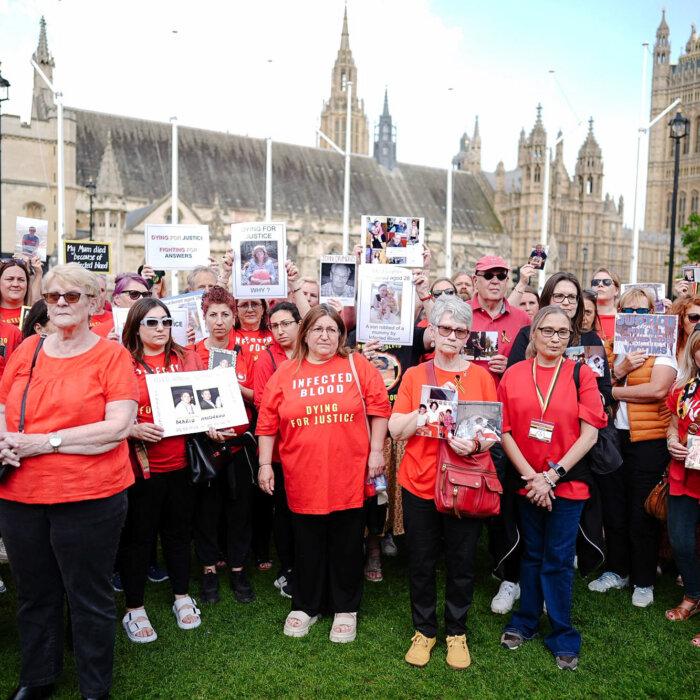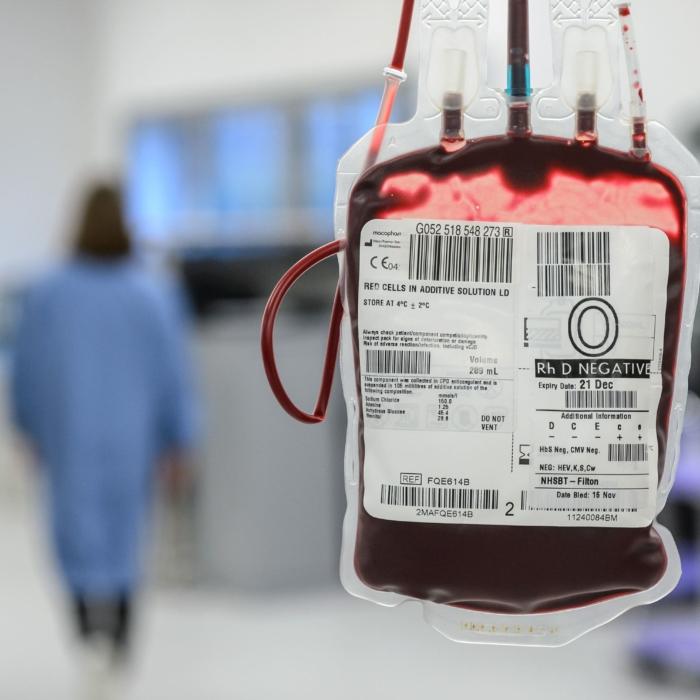Prime Minister Rishi Sunak has given a “wholehearted and unequivocal” apology to the victims of the infected blood scandal and said there must be “justice and accountability” for anyone who committed “wrongdoing.”
Cabinet Office minister John Glen outlined the details of a compensation package in Parliament on Tuesday and said the first payments would be made by the end of the year.
He said some victims would receive interim compensation payments of £210,000 within 90 days.
Mr. Glen also announced the appointment of Sir Robert Francis, KC as the interim chair of a new body, the Infected Blood Compensation Authority.
Tens of thousands of people in the UK were infected with HIV, hepatitis, and other deadly viruses after being given contaminated blood and factor VIII products between the 1970s and the early 1990s.
Around 3,000 people died—with the number climbing every week—and many others have been left with life-long health complications.
Sir Brian’s report also accused the current government of “working at a sluggish pace” on preparation for compensation.
‘Day of Shame for the British State’
Mr. Sunak said Monday was “a day of shame for the British state” and he promised the government would pay “comprehensive compensation” to those affected by the scandal.Speaking to reporters on a trip to Austria on Tuesday, Mr. Sunak said, “What has happened over decades has been a failure on multiple levels and it is important that yesterday was a day for the community to be heard, and they have waited an incredibly long time for justice and the truth.”
Asked if there should be criminal prosecutions, Mr. Sunak said, “As I said yesterday, anyone, people, individuals, where there is evidence of wrongdoing, of course there must be justice and accountability for that.”
The Mayor of Greater Manchester Andy Burnham has urged the Crown Prosecution Service to consider corporate manslaughter charges.
As health secretary between June 2009 and May 2010, Mr. Burnham told an infected person there was no evidence people were knowingly given contaminated blood.
He later discovered what he had said was untrue and he has called for the introduction of a so-called Hillsborough law, which would prevent civil servants, health officials, or police officers from giving anybody, especially an elected official, “information they know to be false.”
In April 2017, in his final speech in Parliament, Mr. Burnham called for a public inquiry and three months later the then-Prime Minister Theresa May agreed to set it up.
It held its first official hearing in April 2019 and heard testimony from 374 people, as well as taking 5,000 witness statements and reviewing more than 100,000 documents.
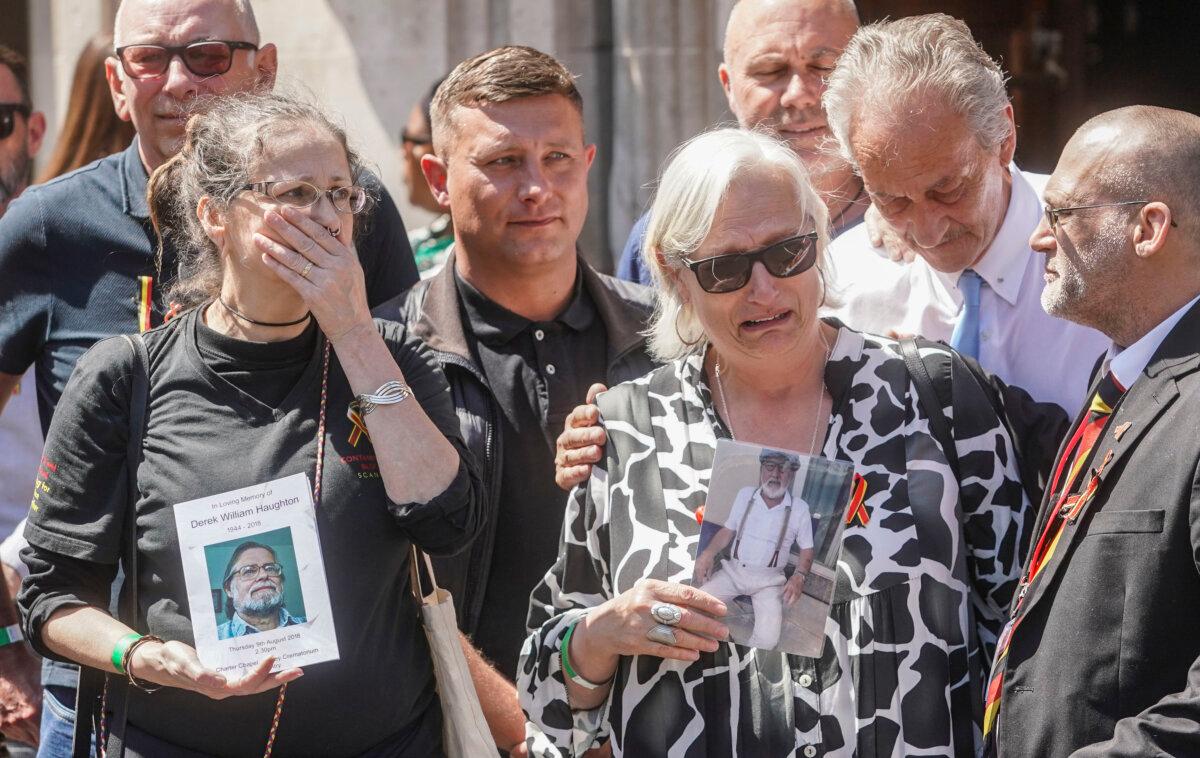
No Statute of Limitations on Prosecutions
Max Hill, KC, who was director of public prosecutions for England and Wales until October 2023, told Times Radio there was no statute of limitations when it came to prosecutions over the infected blood scandal.But he said, “Sadly corporate manslaughter came into force as a criminal offence on April 6, 2008, much too late to deal with this case.”
“However, there are other criminal offences which pre-date corporate manslaughter, where individuals have a duty of care and [if] they breached that duty in a gross way, that’s a legal term, they can be held liable,” added Mr. Hill.
He suggested gross negligence manslaughter was one charge which could be considered by the Crown Prosecution Service.
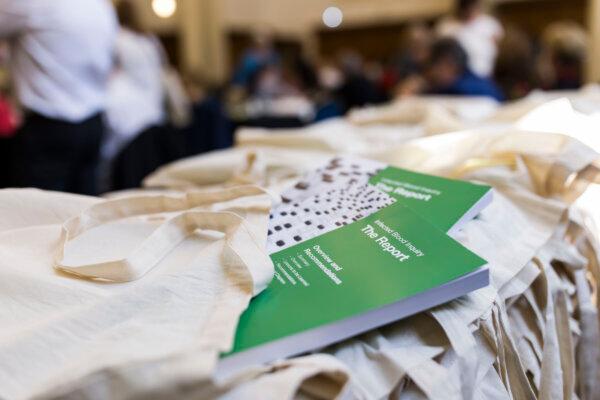
Sir Brian said the infected blood disaster scandal was not just a matter of political history and he said patients are still dying every week as a direct result of the “life-shattering” infections they contracted.
Lord Clarke of Nottingham—who as Kenneth Clarke was junior health minister between 1982 and 1985 and health secretary between 1988 and 1990—was criticised in Sir Brian’s report.
In 1983 Mr. Clarke, in a press release, said: “It has been suggested that Aids may be transmitted in blood or blood products. There is no conclusive proof that this is so.”
Sir Brian said: “This line to take, whilst technically correct, was indefensible. It did not spell out the real risk. It gave false reassurance.”
“It lacked candour and, by not telling the whole truth, was misleading,” he added.
Sir Brian went on to say, “It was not an accurate reflection of the [Department of Health’s] actual understanding, which was that it was likely that Aids was transmitted through blood and blood products.”
“No minister challenged the ‘no conclusive proof’ line. They should have done,” he added.
The Epoch Times has reached out to Lord Clarke, who is now 83, but has not received a response.
